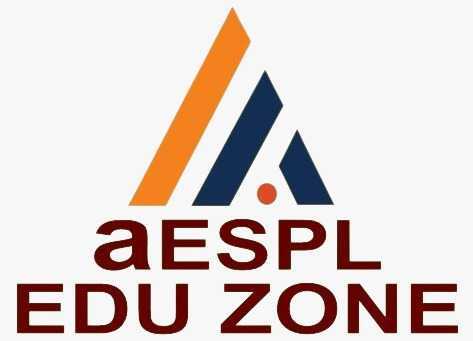Mental Maths
Foundation/Aptitude-
20Sessions
-
150Lectures
Key Highlights
- Video Lectures
- PDF Notes
- Practice Questions
Overview
Mental computation requires students to quickly and efficiently recall a range of strategies and then select the best one for the problem at hand. Every new strategy learned and problem solved encourages brain plasticity – that is, increased brain-cell activity and the creation of new pathways.
Mental math is a group of skills that allow people to do math “in their head” without using pencil and paper or a calculator. One of these skills is remembering math facts, like 8 × 5 = 40. Other skills include rounding numbers and estimating calculations.
Mental math can also help kids understand math concepts better. Using and practicing mental math regularly helps kids improve their number sense .
For example, which is a better deal? Buying a box of 10 packs of gum for $18.00 or buying individual packs for $2.50 each? Use mental math to quickly estimate that the 10-pack must cost less than $2.00 per pack because 10 × 2 = 20. This is a better deal than the second option where each pack costs more than $2.00.
Mental math is useful in other ways too. It keeps math facts from getting rusty. It can also help get to the answer faster.
For example, what is 47 + 65? It’s easier to do this in your head if you break the numbers down into their digits’ values: 40 + 60 = 100 and 7 + 5 = 12. Add those two totals and you get the answer of 112.
Doing mental math requires strong memory skills. Math facts and other number concepts have to be retrieved from long-term memory. Our brains also use a skill called working memory to keep track of the steps needed to solve a particular math problem.
Course content
Mental Maths Premium
-
20Sessions
-
75Videos
-
75Pdfs
The efficacy of a student's preparation is contingent upon both their current grade level and the specific examination they are gearing up for. To optimize their study regimen, our platform offers a comprehensive solution. Our content is meticulously curated to be highly interactive and of exceptional quality.
Video Lectures: Our online video lectures are meticulously recorded in 4k resolution. These lectures serve to enhance student engagement, thereby fostering academic achievement. When students are genuinely interested in the material, they are more likely to digest and retain it effectively.
PDF Notes: We prioritize the creation of concise notes that emphasize key points, ensuring ease of access, organization, and reference. This approach is designed to facilitate information retention, as it necessitates focused concentration and active listening, which in turn stimulate cognitive processes conducive to enhanced learning outcomes.
Practice Questions: Questions have long been regarded as a fundamental pedagogical tool employed by educators and mentors to evaluate students' comprehension, stimulate critical thinking, and foster a deeper understanding of the subject matter. Well-crafted questions serve to engender fresh insights, stimulate meaningful discussions, and encourage thorough exploration of the topic at hand.






